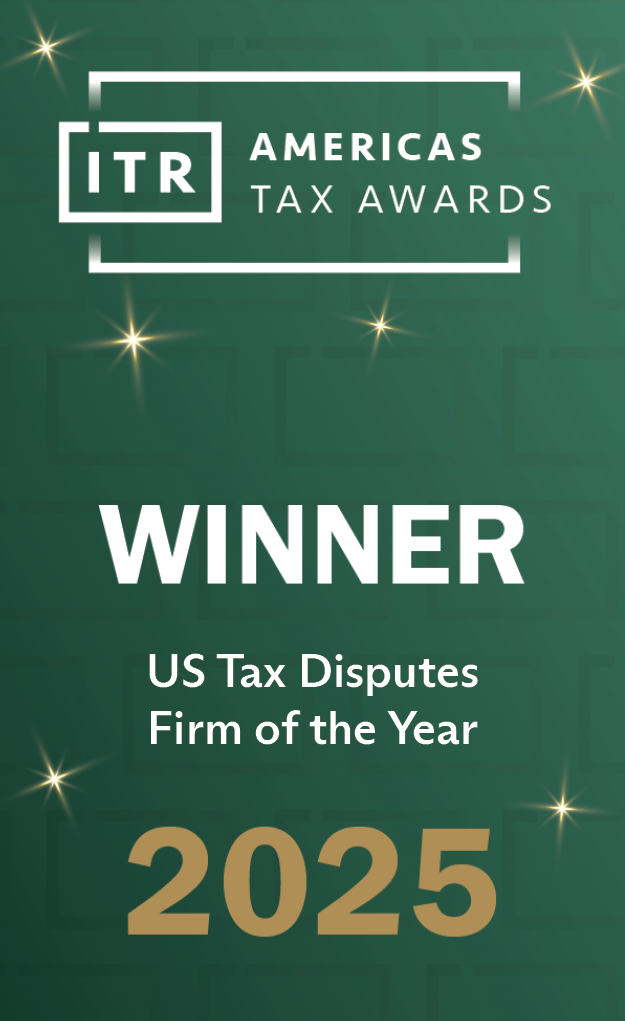Check out our summary of significant Internal Revenue Service (IRS) guidance and relevant tax matters for February 17, 2026 – February 27, 2026.
February 17, 2026: The IRS released Revenue Ruling 2026-6, which provides the March 2026 applicable federal rates.
February 18, 2026: The IRS released Notice 2026-7, which provides additional interim guidance and updates existing guidance on the application of the corporate alternative minimum tax (CAMT) under Internal Revenue Code (Code) Sections 55, 56A, and 59. The notice modifies previously issued CAMT guidance, particularly Notices 2025‑49 and 2025‑46. It also introduces several new updates to adjusted financial statement income regarding intangibles and repairs under Code Section 197 and changes to domestic research amortization expenses based on changes brought by the One Big Beautiful Bill Act (OBBBA).
February 19, 2026: The IRS released Notice 2026-14, which provides the 24-month average corporate bond segment rates for February 2026, the yield curve and segment rates for single-employer plans, and the 30-year Treasury securities interest rates.
February 20, 2026: The IRS released Notice 2026-16, which provides interim guidance and announces forthcoming proposed regulations addressing the special depreciation allowance for qualified production property under Code Section 168(n), as created by the OBBBA.
The notice provides interim guidance regarding the definitions of “qualified production property” and “qualified production activity,” how to determine the special depreciation allowance for qualified production property, and how and when an election to treat property as qualified production property is made. Qualified production property generally includes nonresidential real property used as an integral part of a qualified production activity, such as manufacturing, chemical production, agricultural production, or refining, that results in the substantial transformation of a qualified product. The notice also explains how the depreciation recapture rules apply to property that ceases to meet the requirements to be qualified production property. Taxpayers may rely on Notice 2026-16 until proposed regulations are issued. Comments on the interim guidance are requested within 60 days.
February 23, 2026: The IRS released Announcement 2026-7, which states that certain portions of final regulations relating to required minimum distributions under Code Section 401(a)(9) will apply for the distribution calendar year that begins no earlier than six months after the date the final regulations are issued in the Federal Register.
February 25, 2026: The IRS released Notice 2026-17, which announces forthcoming proposed regulations under Code Section 987. The notice allows taxpayers to elect the equity and basis pool method for determining taxable income or loss and foreign currency gain or loss with respect to a qualified business unit.
The IRS also released its weekly list of written determinations (e.g., Private Letter Rulings, Technical Advice Memorandums, and Chief Counsel Advice).






